Poker Mind Traps: Five Cognitive Mistakes Costing You Chips (and How to Beat Them)
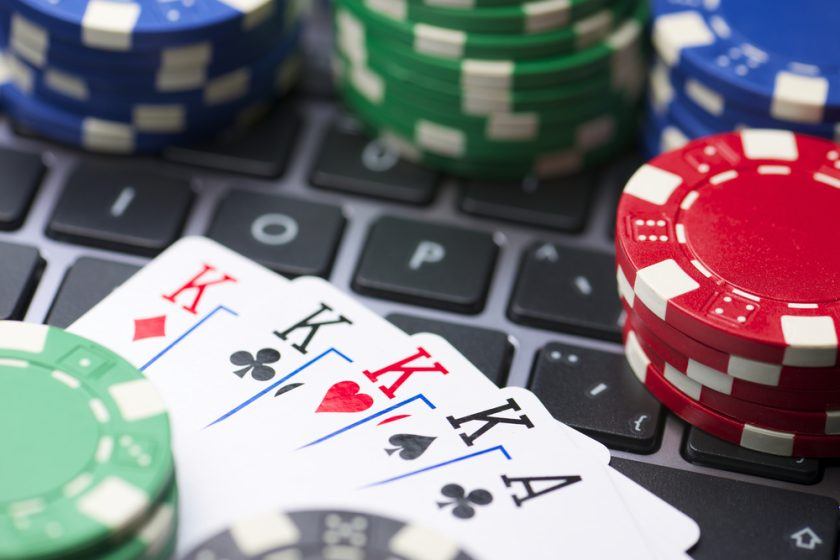
What You’ll Take Away from This Guide
In the world of poker, strategy is more than memorizing hand ranges-it's about managing your own mind. Through this article, you'll learn:
- How to recognize the most common mental traps that sabotage poker players at every level.
- The psychological roots of these cognitive errors and why they surface-especially under pressure or after a rough session.
- Actionable steps and mental exercises to help you break free from these patterns and make smarter decisions at the table.
- Why fixing these mistakes can unlock your long-term potential and boost your winnings.
- How strengthening your mental approach can build resilience-benefiting your poker game and decision-making beyond the felt.
If you’ve ever wondered why solid preparation and knowledge still aren’t translating to better outcomes, you’re not alone. Welcome to the hidden game of poker psychology.
Let’s dive into the most damaging mind trap every player encounters: the desperate urge to win a single pot, no matter what.
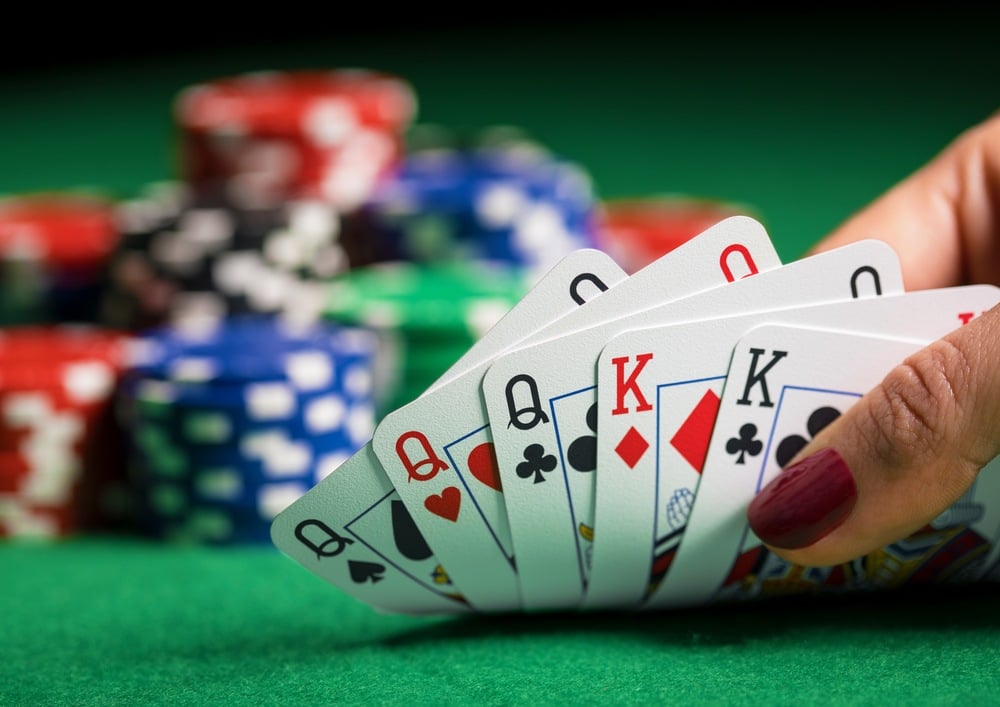
The “Must-Win” Mentality: Why Forcing Pots Backfires
One of the most destructive thoughts in poker arises when emotion, not logic, takes the reins. Suppose you've lost a big hand or haven't seen a good card for a while. Suddenly, your internal voice shouts:
- "I can’t fold another hand."
- "If I push now, I’ll win it back."
- "This pot is mine-I have to take it."
This thinking transforms strategic play into knee-jerk reactions.
Understanding the Compulsion
This is emotional reasoning in action. When you’re frustrated or anxious, your mind looks for an immediate fix-often by locking onto a specific pot as your salvation. At that point, you stop pausing to consider your options and let emotions dictate your play.
The High Cost
Acting out of urgency rather than calculation leads to:
- Unnecessary aggression and increased variance
- Poor decision-making in close situations
- Losing faith in your process when quick-fix plays go wrong
It’s a recipe for losing both chips and composure.
How to Break the Cycle
Whenever you sense that “must-win” urge, give yourself a brief pause and ask:
- What am I really trying to achieve with this move?
- Is this part of my overall strategy, or just a reaction to emotion?
- Would I act differently if I felt calm right now?
Just a few seconds of honest reflection can pull you out of autopilot and steer you back toward calculated poker.
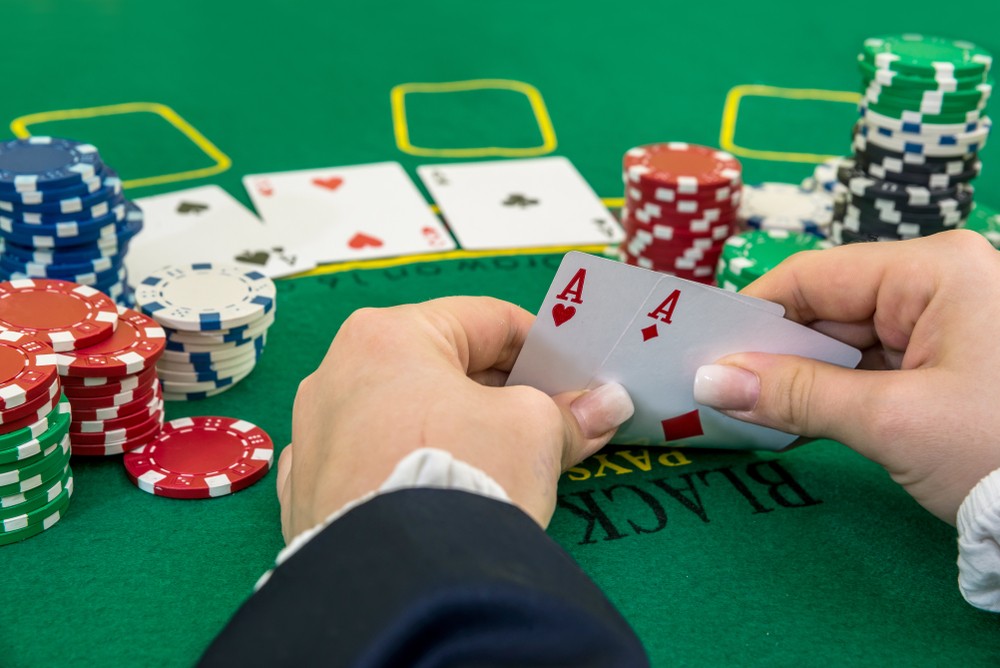
Believing “They Always Have It”: How Catastrophizing Leads to Mistakes
You’ve been aggressive with a solid hand, only to face a big bet on the river. Even when your logic says you could be ahead, a pessimistic thought creeps in:
- "Every time I call here, I lose."
- "Players at this level always have the nuts when they raise."
- "No one ever bluffs in this spot."
So, you retreat and fold-not from a place of logic, but fear.
Why We Jump to the Worst Outcome
Catastrophizing is a classic mental bias. Your mind memorizes losses, forgets your correct hero calls, and exaggerates risk. Confirmation bias reinforces this loop, making you increasingly risk-averse.
Over time, these fears cause you to close up: folding too often, missing value, and losing profit to your own hesitation.
The Profit Drain
What do you lose by letting this mental pattern win?
- Chips left on the table due to overfolding
- Missed value because you’re afraid of aggression
- A passive poker style that caps your long-term results
Recalibrating Your Thought Process
Instead of giving in to negative expectations, train yourself to focus on factual analysis:
- List all the hands your opponent could realistically have, not just the monsters.
- Practice asking “What hands could he be bluffing with?”
- Let each situation be a unique hand, not a repeat of past losses.
This neutral mindset pulls you out of fear and back to logic, boosting your confidence and results.
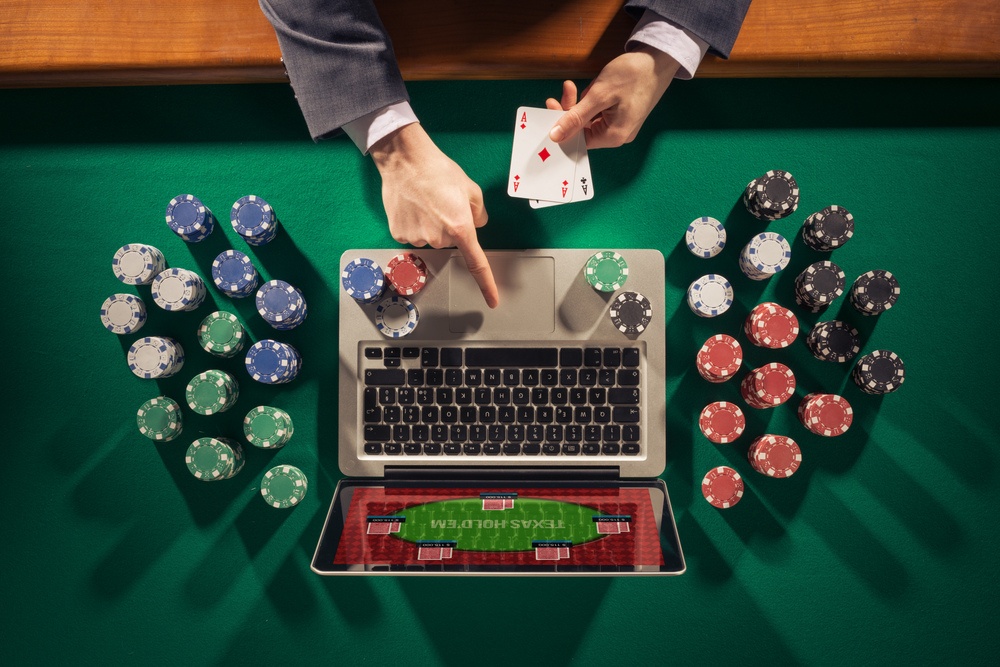
The Trap of Hindsight: “I Knew I Shouldn’t Have…”
Nothing feels worse than reviewing a session and thinking, “I should have known better.” After a misplayed hand-calling when you shouldn’t, bluffing in a hopeless spot-the inner critic gets loud:
- "I always make the same mistakes."
- "Why can’t I play smarter?"
- "I’m not cut out for this game."
These thoughts do more harm than the original error.
The Psychological Snare
You’re seeing hindsight bias in action. Once you know the outcome, your brain convinces you it was obvious all along. This unfair standard poisons your self-review and encourages negative self-talk.
The result? You start doubting good decisions, become hesitant, and avoid the valuable post-game reviews that drive improvement.
Consequences of Self-Judgment
Constant self-blame leads to:
- Missed opportunities for growth due to fear of failure
- Avoidance of analysis and real study
- Stagnation in both your play and your confidence
Adopt a Questioning Mindset
Turn judgment into learning with compassionate curiosity:
- Ask yourself, “What did I aim to achieve, and what might I try next time?”
- View mistakes as feedback, not failings.
- Remind yourself that everyone makes errors-even the pros.
This approach turns regret into improvement and builds trust in your process.
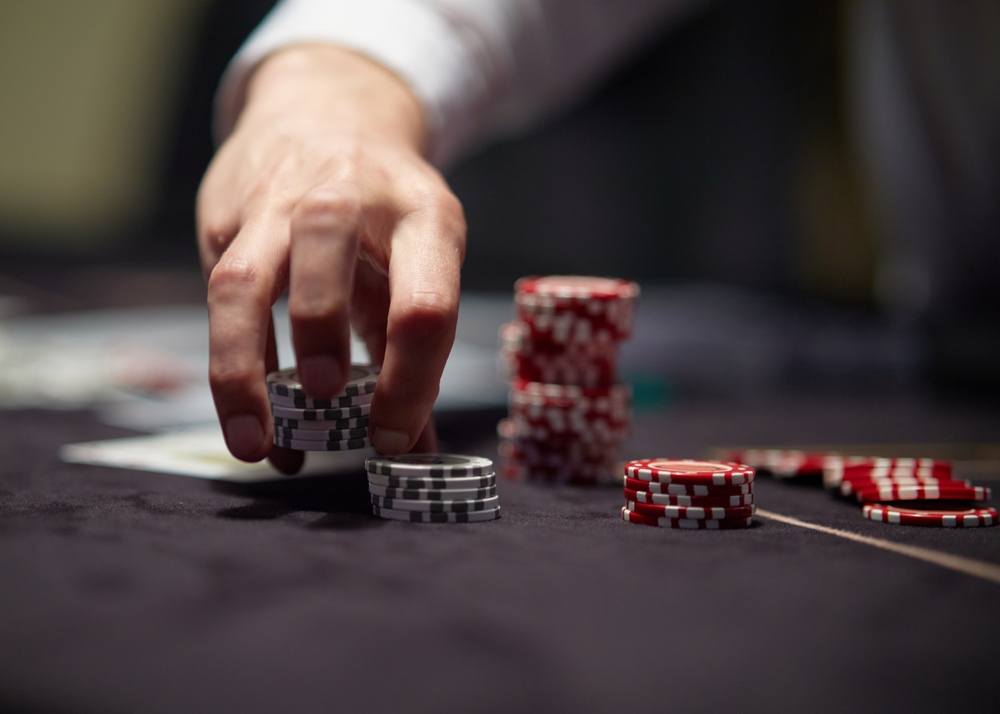
“I’m Due for a Win”: Escaping the Gambler’s Fallacy
Long stretches of bad cards can convince you you’re “owed” some good luck. Suddenly, you’re thinking:
- "I have to win this hand."
- "Things are bound to turn now."
- "Variance has to even out for me."
This line of thought is seductive-and dangerous.
Why the Fallacy Sneaks In
This is the well-known gambler’s fallacy: mistaking a string of losses for a sign that a win is just around the corner. Poker’s randomness means every deal is independent, no matter how cruel the deck seemed in the last hour.
Often, players falling into this mindset abandon discipline and chase losses with risky plays-leading to spirals of poor decisions.
The Downside of Chasing Luck
The consequences can be severe:
- Playing loose and overcommitting to marginal spots
- Extending sessions to “book a win”
- Ignoring fatigue and tilt
Soon, you’re making decisions based on emotion, not logic.
Anchor Yourself to the Process
Instead of fixating on outcomes, remind yourself:
- “No hand owes me a win-my edge comes from making quality decisions.”
- Ask, “Would I play this way if I was ahead?” or “Is this choice strategic or emotional?”
Return focus to good play over many hands-not the results of one session or pot.

The Procrastinator’s Trap: “I’ll Fix This Later”
You notice a flaw in your game or slip into tilt, but convince yourself, “I’ll work on it soon.” More often than not, soon never arrives. Avoiding uncomfortable reviews or difficult adjustments becomes a pattern-and blocks real growth.
Understanding Avoidance
This is a form of experiential avoidance-a natural tendency to sidestep discomfort. It’s emotionally easier in the moment, but allowing this habit to persist keeps you from meaningful self-improvement.
The Price of Putting Off Progress
Delaying honest analysis and action leads to:
- Continued mistakes and “stuck” knowledge
- Frustration due to minimal improvement over time
- The false comfort of busywork (watching videos endlessly rather than real review)
Over time, your game stays static while frustration rises.
Make Small Commitments-And Keep Them
Perfection isn’t the goal-consistency is. Build habits by:
- Committing to review any notable hand within 24 hours, even if just for five minutes.
- Setting a rule to analyze one played hand before consuming new strategy content.
Tiny steps build momentum-and ultimately, true confidence.
The Takeaway: Poker Mind Traps Are Universal, but They Can Be Overcome
Every poker player navigates these mental landmines-it’s standard, not a sign of weakness. What sets winning players apart is the willingness to recognize, address, and outgrow them.
Let’s recap the five major poker thinking traps and their solutions:
- Compulsive Pot-Chasing: Pause before acting, clarify your intention, and break emotional autopilot.
- Assuming the Worst: Counteract fear with logical, range-based analysis.
- Hindsight Blame: Replace self-criticism with reflective, constructive questions.
- Chasing “Due” Wins: Anchor yourself to process-driven choices-don’t chase variance.
- Procrastination on Improvement: Establish small, actionable review habits and follow through.
Pick the trap you see most often in your own play. Practice the corresponding mental fix for the next week. Assess not just your results, but the quality and clarity of your thinking-a true sign of real progress.













